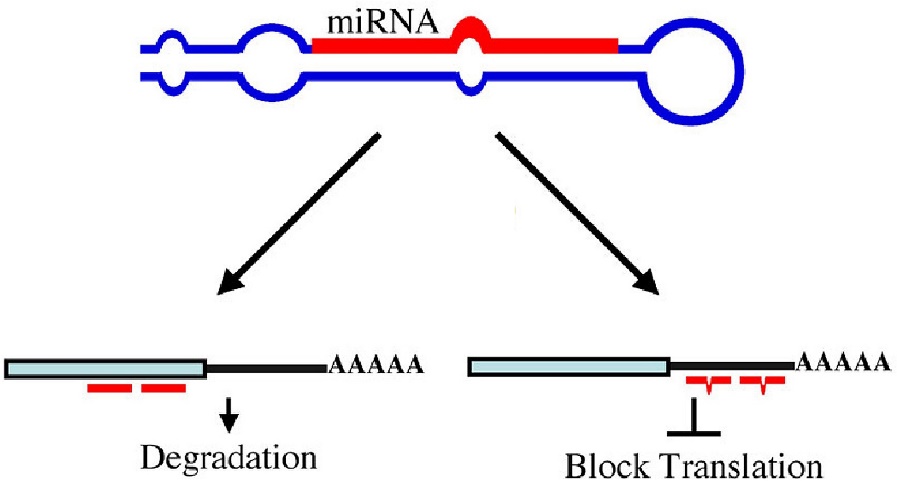Natural Killer cells, immunotherapy and … epigenetics
Natural Killer cells (NK) are part of the innate immunity, the first line of defence against several pathogens and cancer. Epigenetics regulates both NK functions and vulnerability of cancer cells to immune clearance. The job of researchers is to “play” with the epigenetic switches, in order to make the scales always tip in favour of tumour eradication. There is in fact an increasing interest in combining NK-based immunotherapies with epigenetic modulators, in order to improve their efficacy.
Most immunotherapies are specific for T-lymphocytes, the cells of the adaptive immune system that exert cytolytic activity against cancer cells. Despite their undisputed success, our immune system is full of other resources just waiting to be exploited. NK cells, like any self-respecting killer, are very fast: their receptors sense multiple alterations induced by cellular stress that are very common in malignant cells. Such a strategy allows NK to readily attack cancer cells, while T-lymphocytes, which are specific for one antigen and require prior activation, come into play only later.
The best strategy could be to exploit both populations, in order to launch a NK-mediated rapid attack and then finish the enemy with high-precision “bullets”, the T-lymphocytes.
Where is the research in NK-based immunotherapy?
NK cells are the perfect soldiers: fast, ready and reliable. Nevertheless, cancer has its own tricks to escape immune surveillance: it produces an increased amount of molecules engaging NK inhibitory receptors and blocking their activity or, viceversa, reduces the expression of molecules signalling its presence to NK cells. In fact, one popular strategy is to use monoclonal blocking antibody against inhibitory receptors or their ligands, which results in enhanced NK cells activation and cytotoxicity. Other types of immunotherapy include the administration of cytokines, chemical mediators that modulate NK functions, or small molecules, acting as inhibitors of immunosuppressing factors. Finally, NK cells can be isolated from the patient bloodstream, expanded in vitro and re-infused back, as they are or upon gene modification, by introducing an artificial super receptor for cancer cell antigen (CAR-NK cells).
What is the role of epigenetics?
Epigenetics includes genetic, heritable changes that do not involve modification of DNA sequence. The most studied epigenetic alterations are DNA methylation (the attach of methyl groups on DNA bases) or histone acetylation or de-acetylation (the attach of acetyl groups on histones, the proteins that package and order the DNA into a compact structure called chromatin). Such modifications alter the structure of chromatin, making it more or less accessible to factors involved in gene expression or silencing.

DNA packaging into chromatin structure
An extended definition includes micro-RNA, short RNA molecules that induce the degradation of messenger-RNA or inhibit their translation into proteins, switching on and off genes without changing their sequences.

miRNA paired with the complementary sequence on messenger-RNA, inducing its degradation or the block of traslation
Epigenetic regulators play a role in immune cells maturation and functions. NK-based immunotherapy is still in its early stages and understanding the molecular mechanisms that modulate their ability to eradicate cancer cells is necessary: if we want to manipulate the gears of this miniaturized machine, we should speak the same language! Epigenetics may provide at least some answers, starting to unveil the complex interactions between NK cells and cancer cells (which often exploit similar epigenetic mechanisms to escape immune attack!).
Several drugs targeting various epigenetic regulator are already used in clinics: these drugs can be used alone, but also in combination with immunotherapies to enhance NK cell functions.
Erika Salvatori
Reference:
Bugide, S., et al. (2018) Epigenetic Mechanisms Dictating Eradication of Cancer by Natural Killer Cells. Trend in Cancer.



